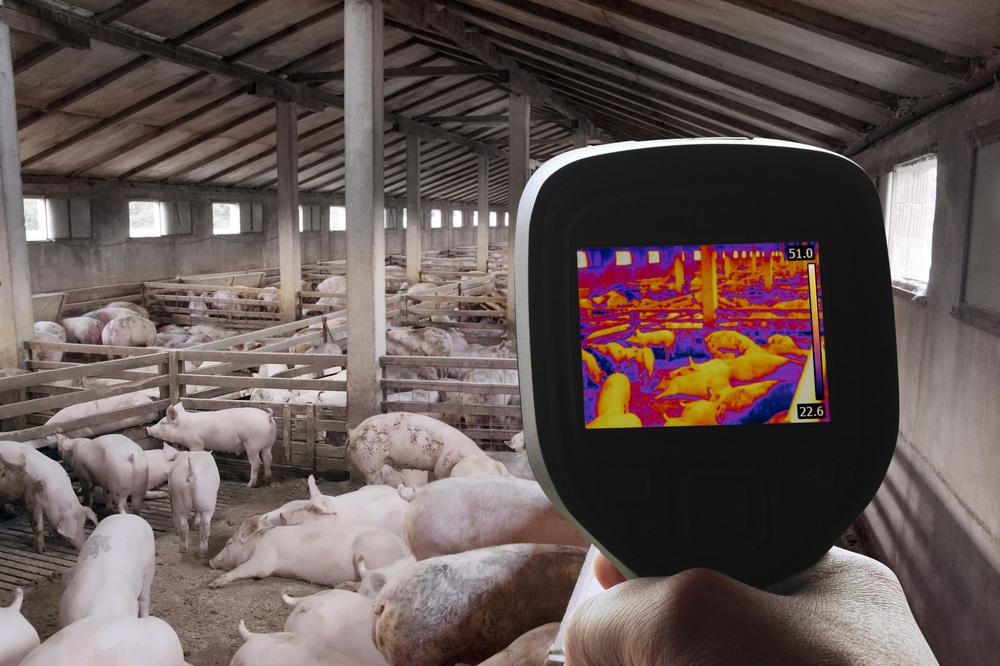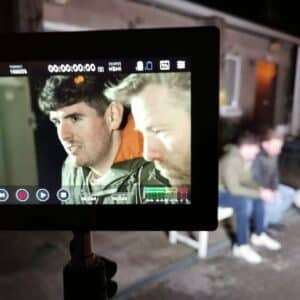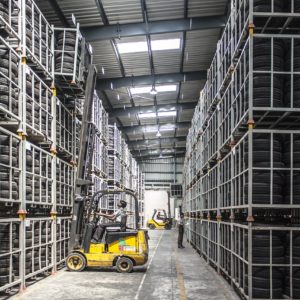Thinking about studying Animal Science in Ireland?
There’s no better place, especially with this field so ingrained in local heritage. In fact, the first Irish farmers worked the land long before the Pyramids were constructed. There’s evidence of agricultural settlements and enclosures dating back almost six thousand years. However, things have moved on since then. The industry changed with ‘The Age of Improvement’. This era, spanning the 18th and 19th centuries, saw agricultural and animal science develop. Diligent farmers discovered new technologies and designed specialist implements. They developed farming systems and livestock breeds.
What is Animal Science?
Animal Science (also referred to as Animal Bioscience) is the study of both the structure and function of animals. Generally, courses under this title will deal with animal management and welfare in an agricultural, para-veterinary, laboratory or wildlife context. Using the principals of science, this discipline examines the production, processing, and marketing of animal products.
Courses in Animal Science range in difficulty and duration. Students can begin with a short-term evening class, and study all the way up to Certificate, Degree, and Postgraduate levels. If you’re considering a career in any of the related industries, select your training programme wisely. Keep your abilities and professional goals in mind. Make sure the topics covered are in line with what you need for your desired role.
Areas of Study in Animal Science
Potential topics, of course, depend on the focus of the course you choose. Therefore the topics covered could be either species-specific or career-specific. The majority of programmes teach the development of domestic animals as well as animal behaviour/welfare. Courses with an agricultural focus tend to examine animal production and how the components are integrated into the industry. Also, Animal Science can be an alternative route to study Veterinary Medicine. The entry requirements are often lower, which is handy if you’re interested in working with animals.
What to Expect
This discipline does exactly what it says on the tin: Science. So don’t expect your learning to be entirely practical. If you plan on studying 3rd level and beyond, you’ll cover an intensive range of academic subjects. These might include Biology, Chemistry, Mathematics, Physics, Information Skills, Economics, Genetics, Marketing, Biotechnology, Nutrition, Biostatistics, Business Management, Microbiology, Animal Husbandry and Genomics.
If that sounds like a lot, it’s because it is. Make sure to tackle that revision and prep, and you won’t be a fish out of water. These are weighty but rewarding subjects that will stand to you when you eventually enter the workforce. If you find yourself struggling at any stage, remember that you can reach out to your course provider for help.
Many longer-term training options will have a work placement module. Some schools are affiliated with specific organisations; while others will require you to find your own. Although this usually takes place years into your education, it’s an essential element to consider when you are deciding on a course. These are the experiences that set up your professional career and where you put what you’ve learned into practice. Search courses.ie for related courses now.
Academic Progression
After graduating with an Animal Science Degree, many students gallop on to postgraduate level. The common specialties covered are Veterinary Medicine and Law. However, other academic fields students progress to include Business, Growth Biology or Production Systems. If this is a route you suspect you might go down, keep an eye on the entry requirements midway through your degree. Have a chat to the head lecturer and don’t let your GPA go to the dogs. Spaces can be limited and the world of academia is a competitive one.
Careers
There’s a host of professional options available for graduates. Many currently work across industries such as business, agriculture, government, education, and research. An education in Animal Science is, of course, the first step towards a job in breeding, food production, nutrition and animal behaviour/welfare. Graduates often work as animal caretakers, technicians, gamekeepers, and veterinary assistants. You’ll find them manning zoos, kennels, clinics and horse farms. However, there are plenty of less obvious career avenues to go down. These include marketing and PR, journalism, teaching, consulting, or even a starting your own business. Don’t be too sheepish! If you see a future in Animal Science, start your training now.
Can you see yourself in any of those roles? Speak to course facilitators in person at our latest free Education Expo event.












Comments